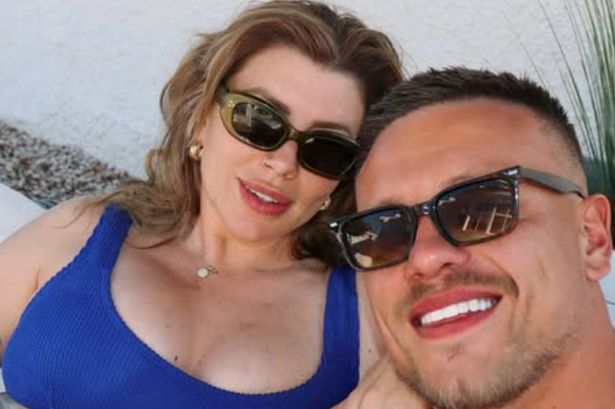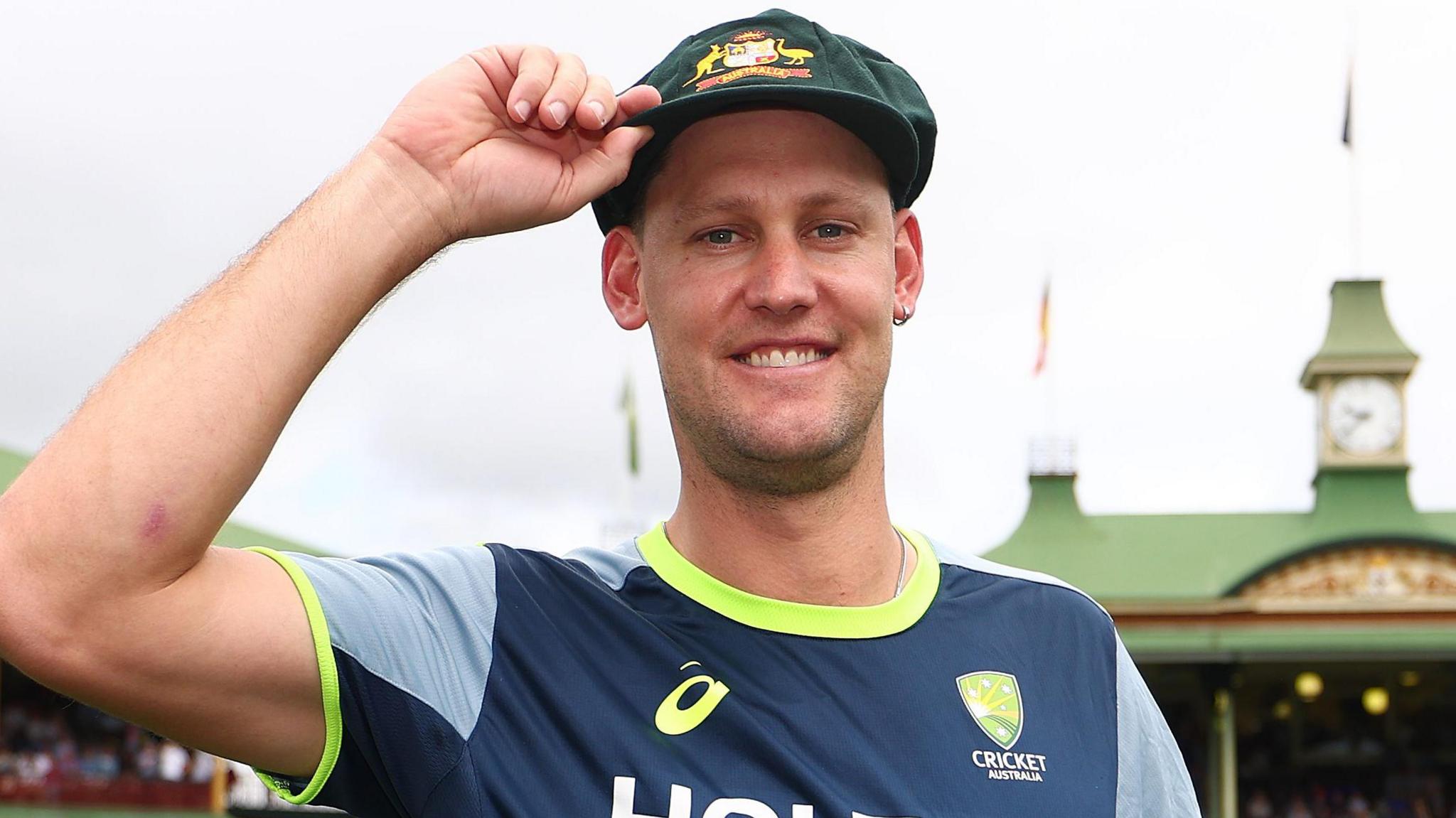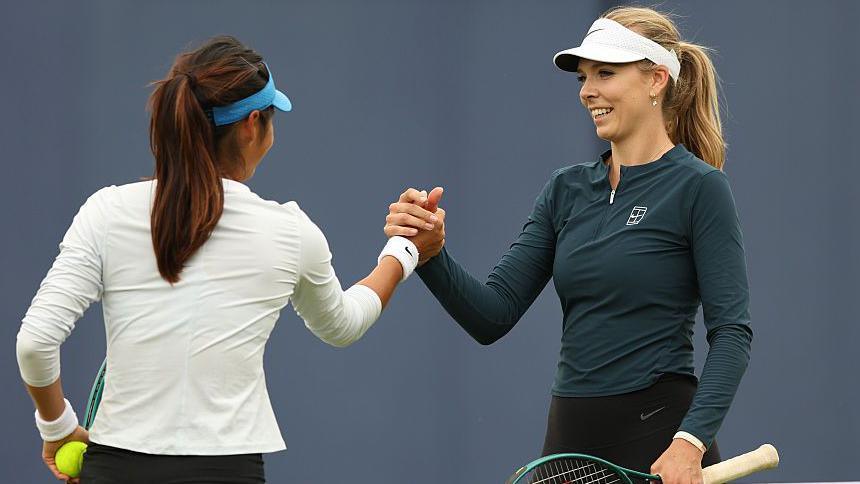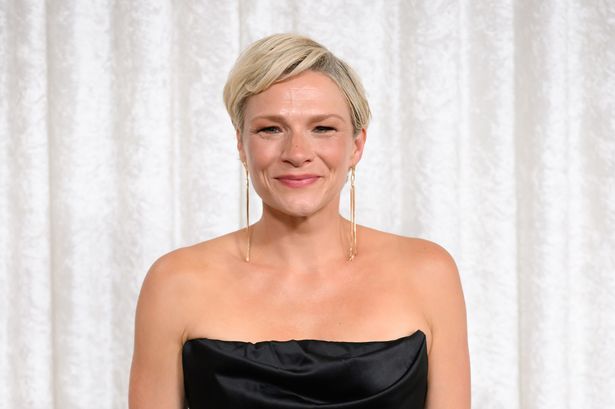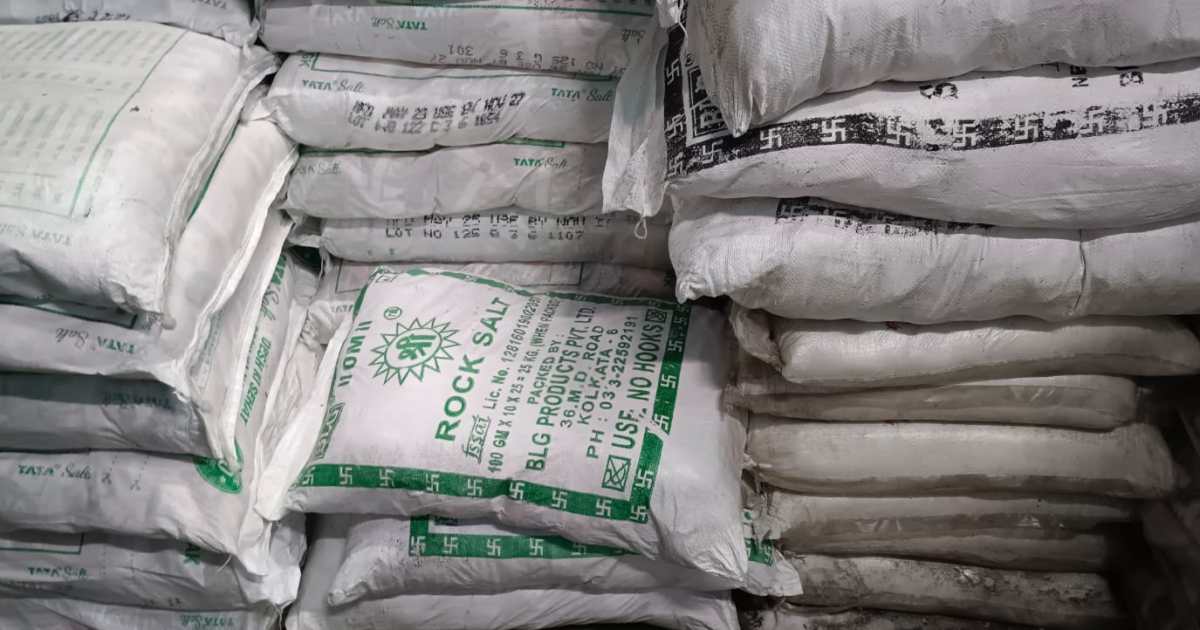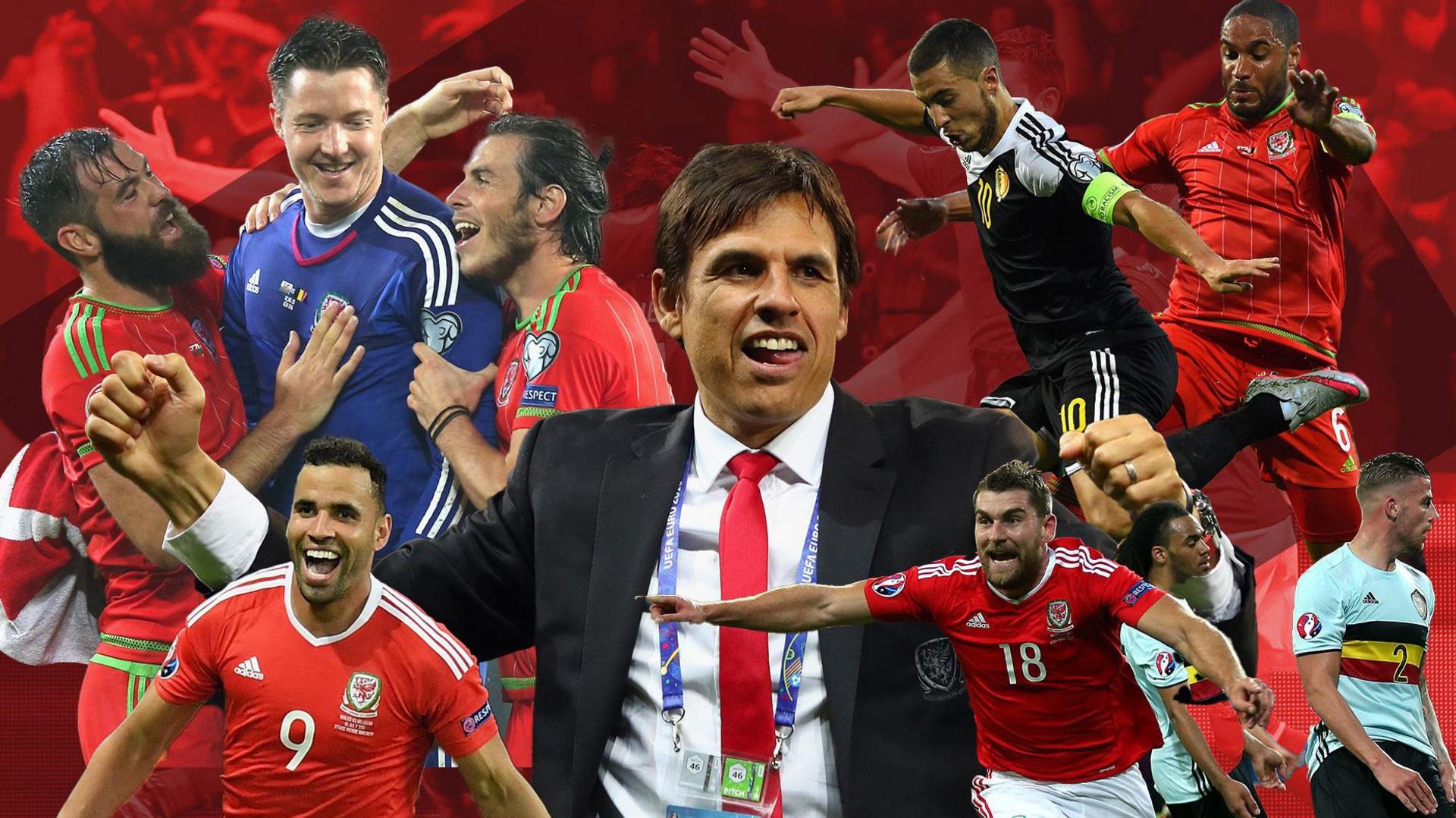Former Love Island star Alex Bowen opens up about feeling ‘nervous’ about welcoming baby number two with wife Olivia – and why her second pregnancy has had its share of heartache
One of the many dads across the country who’ll be celebrating Father’s Day this Sunday is Alex Bowen – and with another baby on the way, this one is bound to be extra special. The reality star, 33, and his wife Olivia are one of Love Island ’s biggest success stories, meeting on the ITV2 show in 2016 and remaining strong ever since. The couple are already parents to son Abel, who turned three this week, and are now getting ready to welcome a baby girl.
But it’s not been an easy journey as Olivia, 31, originally fell pregnant with twins before the couple were told that they’d tragically lost one of their babies at eight weeks, something Alex admits was “really difficult”. Here, speaking exclusively to OK!, he shares his nerves at becoming a dad for the second time, reveals the family’s Father’s Day plans – and, as another series of Love Island begins, he shares the real secret to finding lasting love on TV…
READ MORE: Kate Garraway’s ‘beautiful’ Karen Millen suit is the ultimate occasionwear outfit
Hi, Alex! You and Olivia are expecting a baby girl soon, how are you feeling?
I’m excited! To be honest, I was a little wary about the possibility of another boy, because I love my son more than anything. But now that I know we’re having a girl, I think it will be like two completely different loves. It wouldn’t have mattered what gender we had, but having a boy and a girl is the dream, so, I can’t wait. I’m not going to lie, I’m a little bit nervous because I held one of my friends’ babies recently and I forgot how small they are, it scared me! But I think it’s different when it’s your child, you get into the swing of things when they’re here. I’m excited to have two little ones running around.
Olivia sadly lost one of the babies, how did you navigate that?
Yeah, it has been tough. It’s a shock to find out that you’re having twins, so we were really scared when we found out. I remember being on the way home from a scan, thinking I couldn’t wait to see our three kids in the back of the car – imagining the twins there. I built it up in my head thinking it was 100% happening, so, when we found out that we had lost one, it was really difficult. It’s hard to navigate because you’ve got one healthy baby in there, which you have to focus on, but you’ve also lost one. It was a really weird time, but now we have to focus on the little girl that’s coming. That’s the main thing.
Olivia had a difficult labour with Abel, does that make you nervous for this one?
Yeah, it does, but I was nervous the first time. We’ve spoken to a lot of people that have been through similar things and they say that if you’re really stressed about it, it can make the birth worse. So you’ve got to try and be positive and relaxed – it helps it go smoothly, I guess. I am nervous, but we’ve just got to take every day as it comes. Not that I’m an expert on births!
Is Abel looking forward to being a big brother?
He loves it already. Every morning he gives Liv’s belly a kiss and says, “There’s baby sister in there.” He’s really, really good with babies anyway – when we see friends and family with babies he’ll stroke the baby’s cheek with the back of his hand and is really gentle. He’s such a sweet boy.
Do you think you’ll be protective of your little girl?
Oh, yeah. I’m completely protective of Abel, so God knows what I’ll be like when I have a girl. She’ll be my little princess. So, I feel like I’m going to be extra protective. But also not too much because when she gets older she’s not going to want a protective dad all the time!
Have you decided on a name yet?
Oh, God, no, it’s such a struggle for a girl! I’ve got my favourite, but then it changes and we’ll be like, “I’m not too sure now.” I keep going on different websites and looking through thousands of names, but you don’t want a name that you associate with someone else or that’s going to get them bullied at school, either. We’ve got three names we’re quite stuck on, but I think when we see her, we’ll know straight away, hopefully.
How will you be spending Father’s Day?
It will be quite chilled. Me and Liv have always planned quite extravagant things for each other, but, as we’ve got older, I think just being at home or going for a nice meal as a family, taking the kids to the park or whatever, that’s the best thing. Liv actually bought me a mug for Valentine’s Day, which said ‘Daddy’s special mug’, but it didn’t come for around two or three weeks. So I assumed it was for Father’s Day, I thought it had already been and gone!
Love Island is now back on our screens – is there a secret to finding love on the show like you did?
I can’t believe how long it’s been since I was on that show. I’m nearly 34 now and I was on it when I was 24, I feel old! When you see people come out of it and then split up, everyone tarnishes it saying, “Oh, no one lasts from Love Island .” Truth is, people split up all the time in day-to-day life, whether they met on TV or not. You can just get sick of people.
I’m just lucky that me and Liv really got on and she’s put up with most of my rubbish for all of these years! We were meant to be together. We do argue, but it never really gets any worse than that – I feel like there’s no point throwing anything away. In today’s society, it’s so easy to jump on a dating website or think the grass is greener when it’s not. Liv and I aren’t quitters – we work on our relationship all the time.
